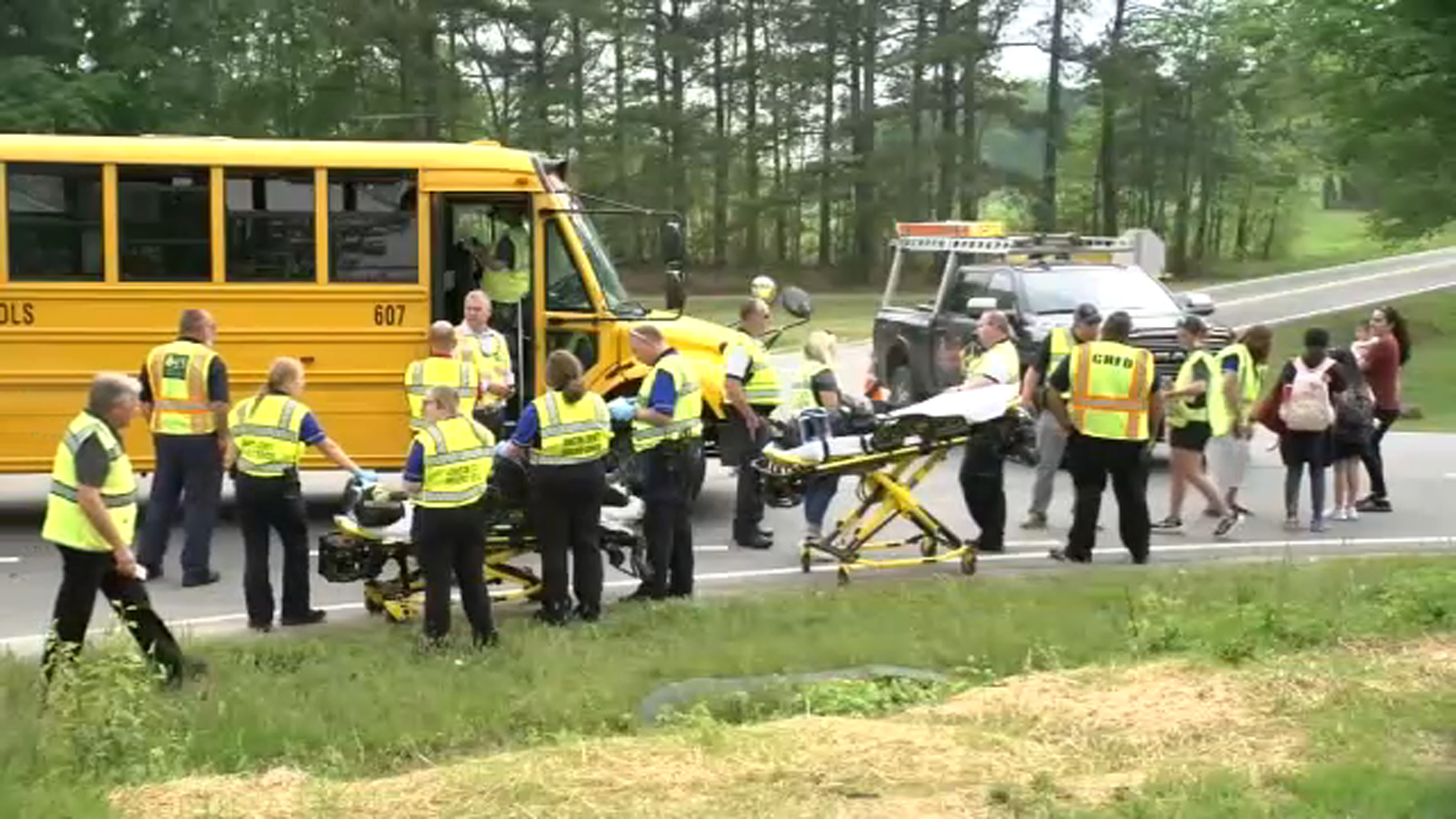'We deserve to be treated fairly': Amazon employees in Garner work to establish union

GARNER, N.C. (WTVD) -- A growing movement to unionize Amazon distribution centers has reached North Carolina. Employees at the Garner warehouse are the driving force behind the grassroots effort, C.A.U.S.E, Carolina Amazonians United for Solidarity and Empowerment.
ABC11 met Mary Hill before her shift at Amazon on Thursday. She and Reverend Ryan Brown's experiences at the Garner distribution center sparked the movement In January of this year.
"We deserve to be treated fairly, with dignity and with respect," said Hill.
She has worked for Amazon for nearly two years, and claims the working conditions aren't safe, and employees face discrimination.
Hill said it's time for the people on the frontlines to have a say in the policies that impact them.
"How are you going to effectively make changes, when you don't even know what it's like in my department, to do what we do on a day-to-day basis," Hill asked. "We want a collective bargaining committee of people just like myself, like my coworkers to sit at the bargaining table, if you're going to make changes that directly affect my day-to-day life at work."
C.A.U.S.E. is also fighting for employees to earn a living wage.
"We're constantly asking, when can we get some more money because the inflation is high, gas is high, food is high," explained Monique Ingram.
Ingram is a full-time employee at the Amazon distribution center in Garner. She joined C.A.U.S.E. after experiencing what she described as unbearable working conditions. She said workers are being penalized for bathroom breaks that may be considered too long.
"When we go to the restroom, there are only four or five stalls. Where we work is a line all the time. And then in most cases, it'd be out of order, or they are cleaning, and we'll get penalized," Ingram said.
She also described working in the extreme heat inside the warehouse, but it was how the company handled Covid that was the tipping point for workers like Al Ashe who has been with the retail giant for three years.
" With the COVID issue, is that they don't send us notification when people have COVID. You don't know who working around," said Ashe. "I have to take care of my family. But if I get sick and be out, then if the kids get sick, I gotta be out for them."
Amazon Spokesman Paul Flannigan said in a statement that no company has been immune to the impacts of COVID-19.
" From the beginning of the pandemic, we've invested billions of dollars and made hundreds of process changes to help keep our employees safe. And our work isn't done," Flannigan added.
When it comes to unions, he said employees have a choice on whether to join a union or not.
"As a company, we don't think unions are the best answer for our employees. Our focus remains on working directly with our team to continue making Amazon a great place to work," said Flannigan
C.A.U.S.E is in its early stages, and organizers are still collecting signatures and educating coworkers about the benefits of forming a union.
"We have to be patient, consistent, and intentional on all fronts," said Hill. "We have a very diverse culture in here. From, say 18 up to maybe even 70. A lot of people don't know what a union is, never heard of it. So, a large part of what we do is educating, telling them about a union, what a union does, how would it benefit us as employees. So, it's not a sprint. It's a marathon."
In order to go before the National Labor Relations Board to form a union, 30 percent of workers must sign cards or a petition saying they want a union. However, it could be a challenge to establish a union in North Carolina.
According to the U.S. Bureau of Labor Statistics, North Carolina is the second least unionized state in the country with less than three percent of the workforce a part of a union.




